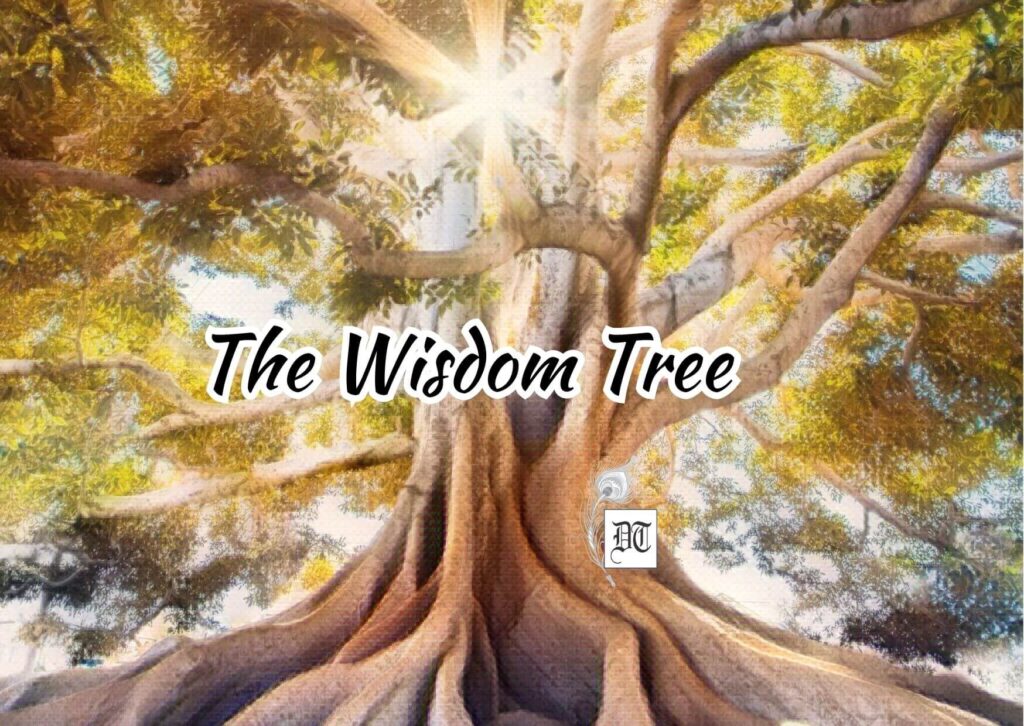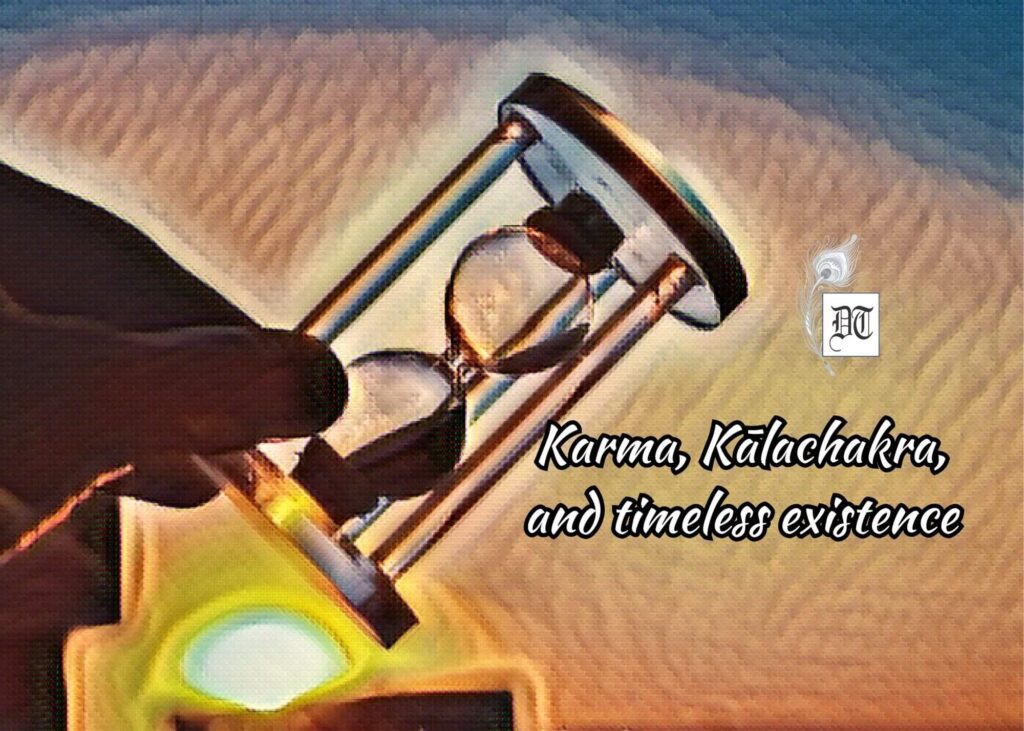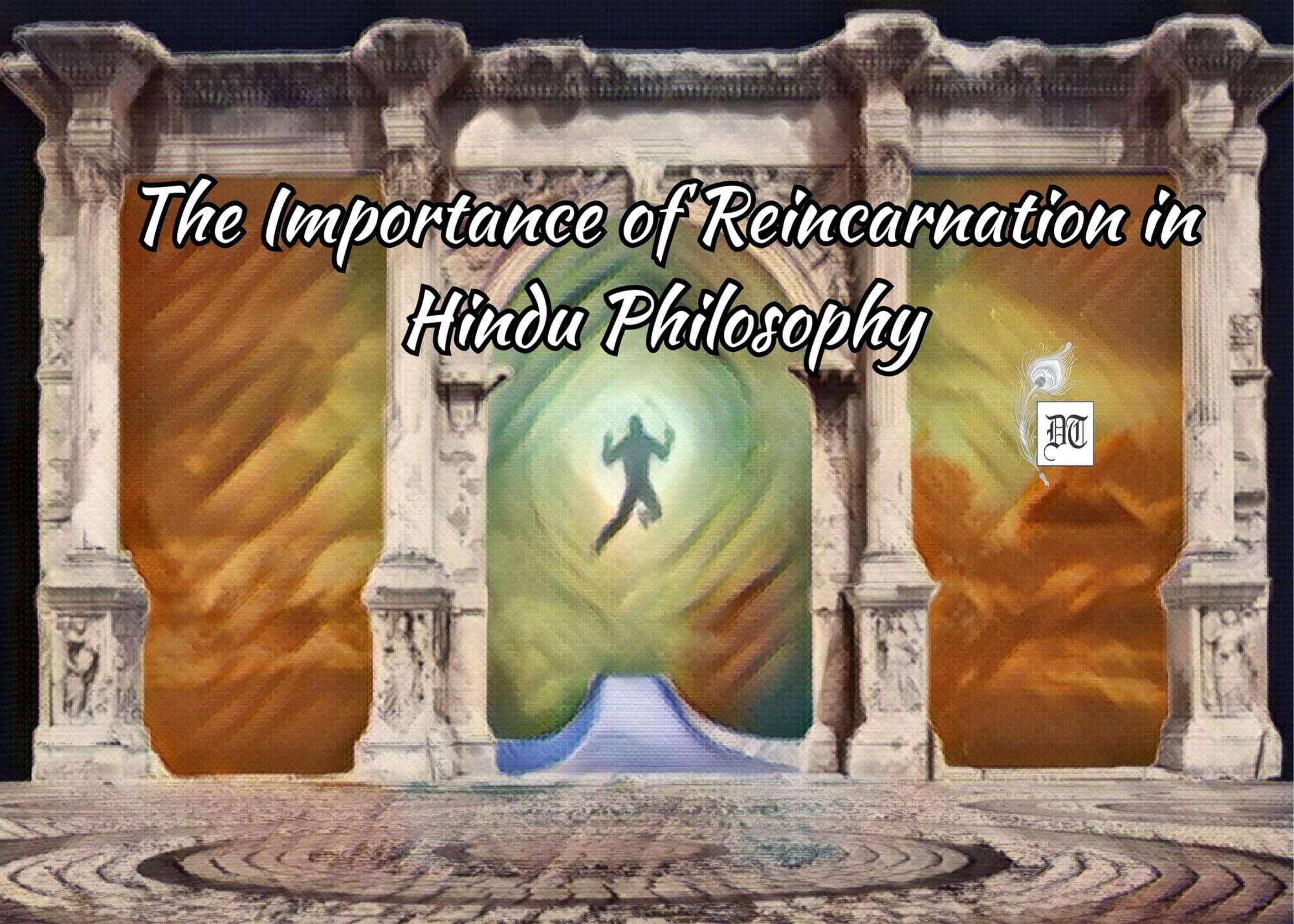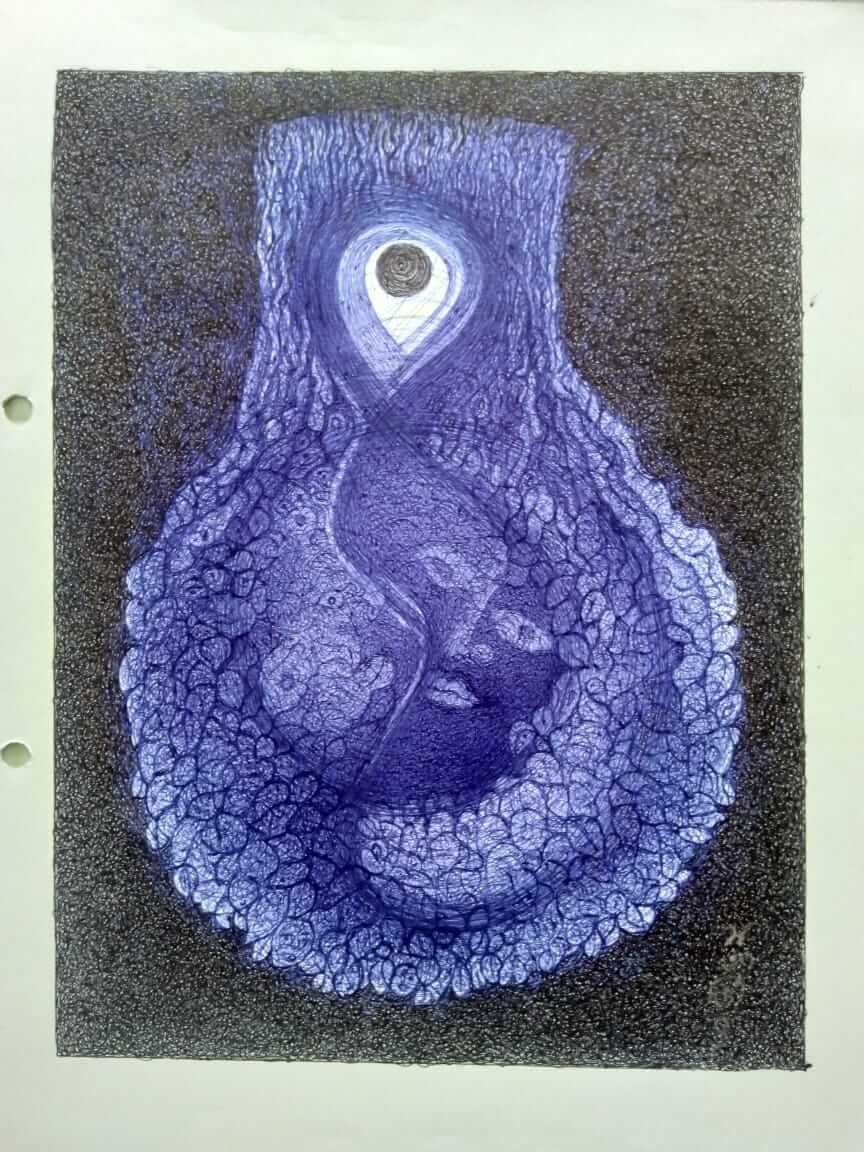Reincarnation is a key concept in Hinduism, where the soul is eternal and begins a new life, explains Rajul, exclusively for Different Truths

When we die, what happens to us? Is there an afterlife, or do our souls cease to exist? For thousands of years, the concept of reincarnation has been at the heart of Hinduism. It is a belief that our soul never truly dies but changes form and begins a new life on earth. This timeless idea has fascinated people for centuries to be relevant today as science and spirituality agree on the infinite energy changing forms and repeatedly appearing in different garbs. In this blog post, we will explore the concept of reincarnation in Hinduism, how it relates to Karma and Kalachakra (the cycle of time), and how it can help us understand our place in the world as eternal souls.
Reincarnation in Hinduism
The idea of reincarnation, also known as samsara in Hinduism, is rooted in the belief that our soul is eternal and never dies. The concept dates to ancient Vedic texts, where it was believed that a person’s actions or karma in their current life would determine their fate in the afterlife.
As Hinduism evolved, so did the idea of reincarnation. It became more complex…
As Hinduism evolved, so did the idea of reincarnation. It became more complex and intertwined with other beliefs, such as dharma (duty) and moksha (liberation). According to these beliefs, one must fulfil their responsibilities or obligations in life while striving for spiritual freedom from the cycle of birth and death.
Reincarnation also plays a significant role in Hindu mythology. Many gods and goddesses are believed to have taken multiple births on Earth before achieving enlightenment or becoming deities.
The concept of reincarnation remains an essential part of Hinduism today. It provides a framework for understanding our purpose on earth and encourages us to lead meaningful lives through good deeds while striving towards spiritual progress.
Birth and Rebirth in Hindu Scriptures
Birth and rebirth are deeply ingrained in Hinduism, as mentioned in all the significant scriptures like Geeta, Puranas, and Vedas. According to Hindu philosophy, each individual has an eternal soul that is immortal and timeless. This soul undergoes a cycle of birth and rebirth until it achieves moksha or liberation.
Reincarnation or rebirth is based on the law of karma…
Reincarnation or rebirth is based on the law of karma, which states that every action has consequences. The good or bad deeds an individual performs determine their next life’s circumstances. Thus, one’s present life results from past actions, while their future life will be determined by what they do now.
The idea of reincarnation teaches us to live a life focused on self-improvement rather than materialistic desires. It also helps us understand that our souls have no gender and are not bound by time or physical limitations.
The concept of birth and rebirth highlights the significance of leading a virtuous life as it determines our spiritual growth and ultimate liberation from this cycle.

Science, Spirituality and Energy
The concept of reincarnation is deeply rooted in Hinduism, and it highlights the belief that our soul never dies but only changes form. The idea of Karma, Kālachakra, and timeless existence further emphasises this thought. Interestingly, science also agrees with this principle, as energy can neither be created nor destroyed; it just changes forms. Therefore, reincarnation isn’t just a religious doctrine but also finds its roots in scientific research.
Ultimately, accepting the philosophy of reincarnation helps people live their lives knowing that they have an eternal soul that will continue to exist even after death. This understanding inspires individuals to lead virtuous lives with positivity and hope while contributing to society’s greater good.
There are several pieces of evidence where reincarnation is proved, even in Kaliyuga.
There are several pieces of evidence where reincarnation is proved, even in Kaliyuga. Whether the boy who led his current parents to his previous birth’s home (he remembered the address and path) and meeting his last birth’s relatives. People accepted that boy to be their ancestor there! Then there is a girl who remembered every detail of her past birth, and on the investigation, every detail she came out with the truth. People were surprised because that little girl had no connection with the actual story she knew of her previous birth. She also knew another language, which was never taught or spoken in front of her.
All these incidents, including many others, are unexplained by logic, except when this phenomenon finds a believable explanation in the concept of ‘reincarnation’. If every scientific hypothesis fails here, we must accept the science of spirit. World over, psychologists are resorting to past life regression techniques for finding cures for patients’ unresolved mental and physical conditions. No matter what the widely held belief states, Hinduism remain closest to spiritual science – Karma, the Cycle of Births, Learning, and Nirvana/Moksha. These are four interconnected chapters for understanding the process of life and death on Earth.
Picture design by Anumita Roy





 By
By
 By
By
